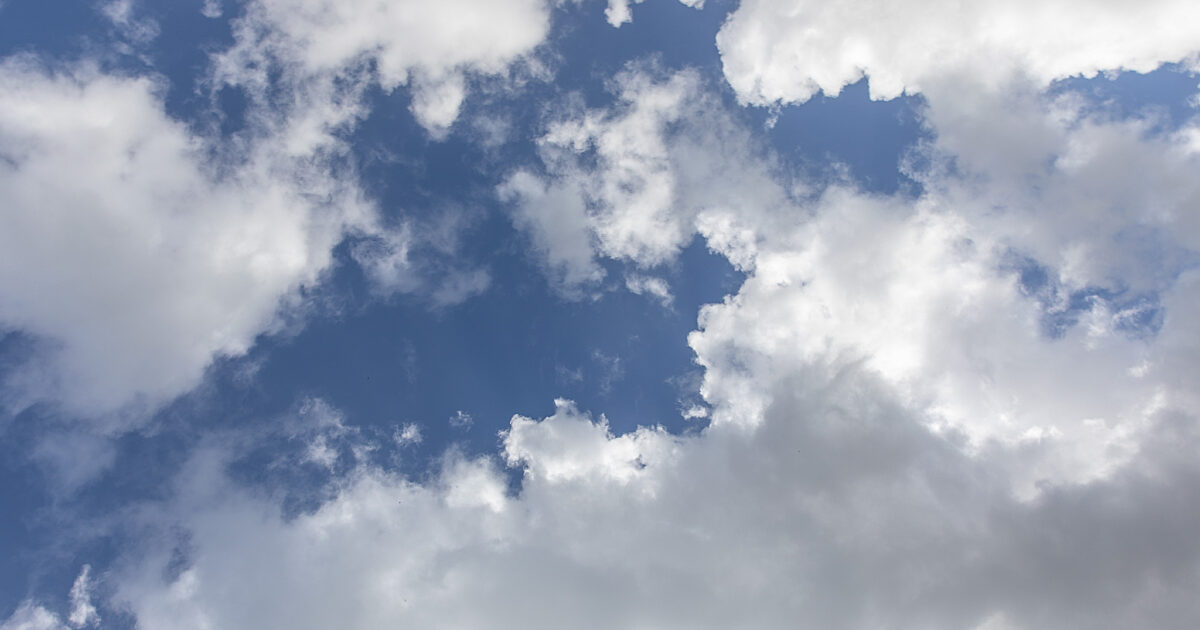OK. Am sick to death of reading on here about how kids are coming home from school with stories of anti-cow lessons.
Have just banged out the below.
Yes it's simplistic, yes it's biased, yes it's most likely wrong on the science. Whatever. I am sending it to the schools in our village, feel free to do the same if you wish.
Or alternatively, if you want to distribute the proper stuff produced by the professionals who have all day every day to work on this, go on to the NFU education website and download their information pack for teachers on cows and climate change.
Good luck with that.
“Cows cause climate change, yes?”
No. Cows are an important component of a stable climate.
Grassland covers much of the Earth’s surface, and through the process of photosynthesis plays a crucial role in removing carbon from the air and storing it in the soil (carbon sequestration).
Grassland only exists because it is grazed, by ruminants. Throughout history this grazing has been carried out by wild animals; buffalo, deer, camels. Today this role is played in much of the World by domesticated cattle.
“What about methane?”
Cows burp methane. This methane is rapidly broken down as a natural part of the carbon cycle. The problem we have today is the methane being released into the environment as a result of our use of fossil fuels, which is entering the environment far quicker than it can be broken down. Sources of this methane cover all aspects of our exploitation of fossil fuels, from fracking to plastic bags (which release methane as they break down).
“We can manage without cows though?”
The alternatives to beef and milk are based on products such as soya and palm oil, grown on land the other side of the planet that has had its rainforest destroyed to grow them. Cows also provide us with a huge range of products used in everyday life which would otherwise have to be made from oil. It’s not ‘vegan leather’, it’s plastic.
“Why are we being told that cows are bad for the planet then?”
Two sectors are pushing the anti-cow agenda for their own interests:
- Animal rights extremists, who have jumped on the climate change issue to scare people into giving up all contact with animals (including pets).
-Global corporations, who see vast amounts of money to be made from producing ‘food’ in factories from artificial ingredients. These companies are funding anti-cow campaigns.
“Where can I find out more about this issue?”
Visit www.thefarmingforum.co.uk and read the many threads on cows and climate change.
Have just banged out the below.
Yes it's simplistic, yes it's biased, yes it's most likely wrong on the science. Whatever. I am sending it to the schools in our village, feel free to do the same if you wish.
Or alternatively, if you want to distribute the proper stuff produced by the professionals who have all day every day to work on this, go on to the NFU education website and download their information pack for teachers on cows and climate change.
Good luck with that.
Cows and Climate Change
Teachers: Your questions answered
Teachers: Your questions answered
“Cows cause climate change, yes?”
No. Cows are an important component of a stable climate.
Grassland covers much of the Earth’s surface, and through the process of photosynthesis plays a crucial role in removing carbon from the air and storing it in the soil (carbon sequestration).
Grassland only exists because it is grazed, by ruminants. Throughout history this grazing has been carried out by wild animals; buffalo, deer, camels. Today this role is played in much of the World by domesticated cattle.
“What about methane?”
Cows burp methane. This methane is rapidly broken down as a natural part of the carbon cycle. The problem we have today is the methane being released into the environment as a result of our use of fossil fuels, which is entering the environment far quicker than it can be broken down. Sources of this methane cover all aspects of our exploitation of fossil fuels, from fracking to plastic bags (which release methane as they break down).
“We can manage without cows though?”
The alternatives to beef and milk are based on products such as soya and palm oil, grown on land the other side of the planet that has had its rainforest destroyed to grow them. Cows also provide us with a huge range of products used in everyday life which would otherwise have to be made from oil. It’s not ‘vegan leather’, it’s plastic.
“Why are we being told that cows are bad for the planet then?”
Two sectors are pushing the anti-cow agenda for their own interests:
- Animal rights extremists, who have jumped on the climate change issue to scare people into giving up all contact with animals (including pets).
-Global corporations, who see vast amounts of money to be made from producing ‘food’ in factories from artificial ingredients. These companies are funding anti-cow campaigns.
“Where can I find out more about this issue?”
Visit www.thefarmingforum.co.uk and read the many threads on cows and climate change.










